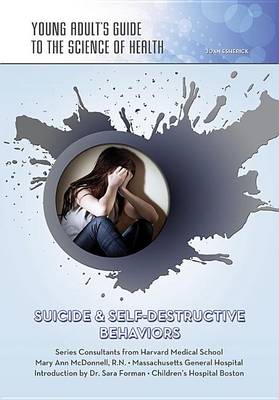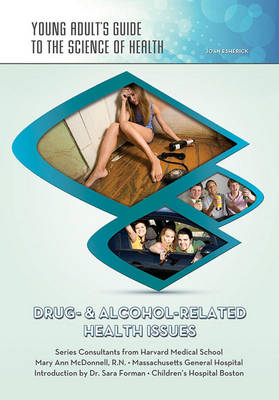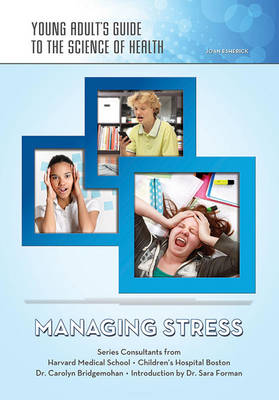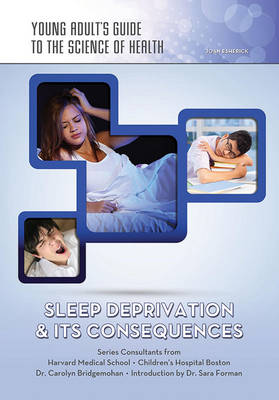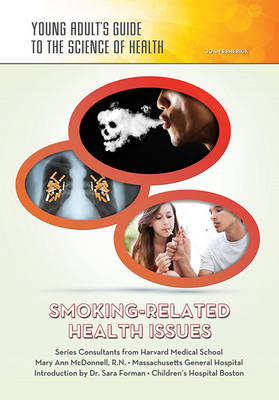Young Adult's Guide to the Science of He
5 total works
As an adolescent, you'll have to make up your mind about a lot of things. Drugs and alcohol are among the most important. Using chemicals recreationally is a common aspect of many teen parties. No one sets out to become addicted. No one plans on any harmful side effects. But these things do happen. You owe it to yourself to find out the facts about drugs and alcohol. This book will tell you: •Some of the reasons why teens choose to start using drugs. •How chemical substances affect your brain. •Information about the "gateway" drugs—tobacco, alcohol, marijuana, and inhalants. •The truth about abusing prescription drugs, over-the-counter medications, and steroids. •The dangers involved with Ecstasy and other club drugs, as well as heroin. Don't depend on peer pressure to make up your mind. Drugs and alcohol can permanently damage your life. You don't want to be one of the teens who is literally dying for acceptance!
Are you anxious? Irritable? Feeling depressed? Having trouble sleeping? Feeling tired all the time? If these symptoms describe you, you may have too much stress in your life! Stress is a fact of life. We all live with it. We all experience its effects. The exhilarated rider on a roller coaster experiences one kind of stress. The terrified victim of assault experiences another. Too many teens, however, deal with a potentially harmful, even deadly form of stress: chronic stress. This book offers teens a primer on stress: What is it? From where does it come? How does it help us? How can it cause harm? How do we know if we're under too much stress? What unhealthy ways of handling stress should we avoid? What healthy ways of stress management can we embrace? What tips or strategies might help us better handle the sources of stress in our lives? If you want to know how to manage stress better, sidebars, easy-to-understand statistics, and real-life case studies make this book an informative, interesting read.
Do you ever feel exhausted and drowsy, like you need more sleep? If you do, you're not alone. A recent study by the National Sleep Foundation (NSF) found that 60 percent of people under the age of eighteen complained of daytime tiredness. Fifteen percent (one out of every seven) said they were so tired they fell asleep in school. You may think that not getting sufficient sleep is no big deal, but think again. According to the National Sleep Foundation, sleep deprivation can put you at high risk for unintentional injury and death, low grades and poor school performance, negative moods, and increased likelihood of stimulant use. The National Highway Traffic Safety Administration views driving drowsy as actually more dangerous, and more deadly, than driving drunk! What is sleep? Why do we need it? What causes sleep deprivation and how can it be avoided? What are its tragic results? This book answers these and other questions by using a readable blend of real-life accounts, easy-to-understand statistics, scientific data, and practical suggestions.
One in three adolescents who experiment with tobacco products will end up addicted to nicotine by the time he is twenty years old. If current trends continue, some five million kids who are currently under eighteen years of age will die one day because they chose to smoke cigarettes as adolescents. Smoking kills. Kids know that, yet every day in the United States, nearly 3,000 young people become new tobacco users. Why? This book addresses this question as it examines reasons teens smoke, the consequences of tobacco use, and the sometimes ugly facts about smoking, chewing, and sniffing. Sidebars, easy-to-understand statistics, and real-life case studies make this an informative, interesting read for teens who want to make an informed decision about using tobacco products.
